Holocaust Memorial Day 2023: Digitalising eyewitness testimonies
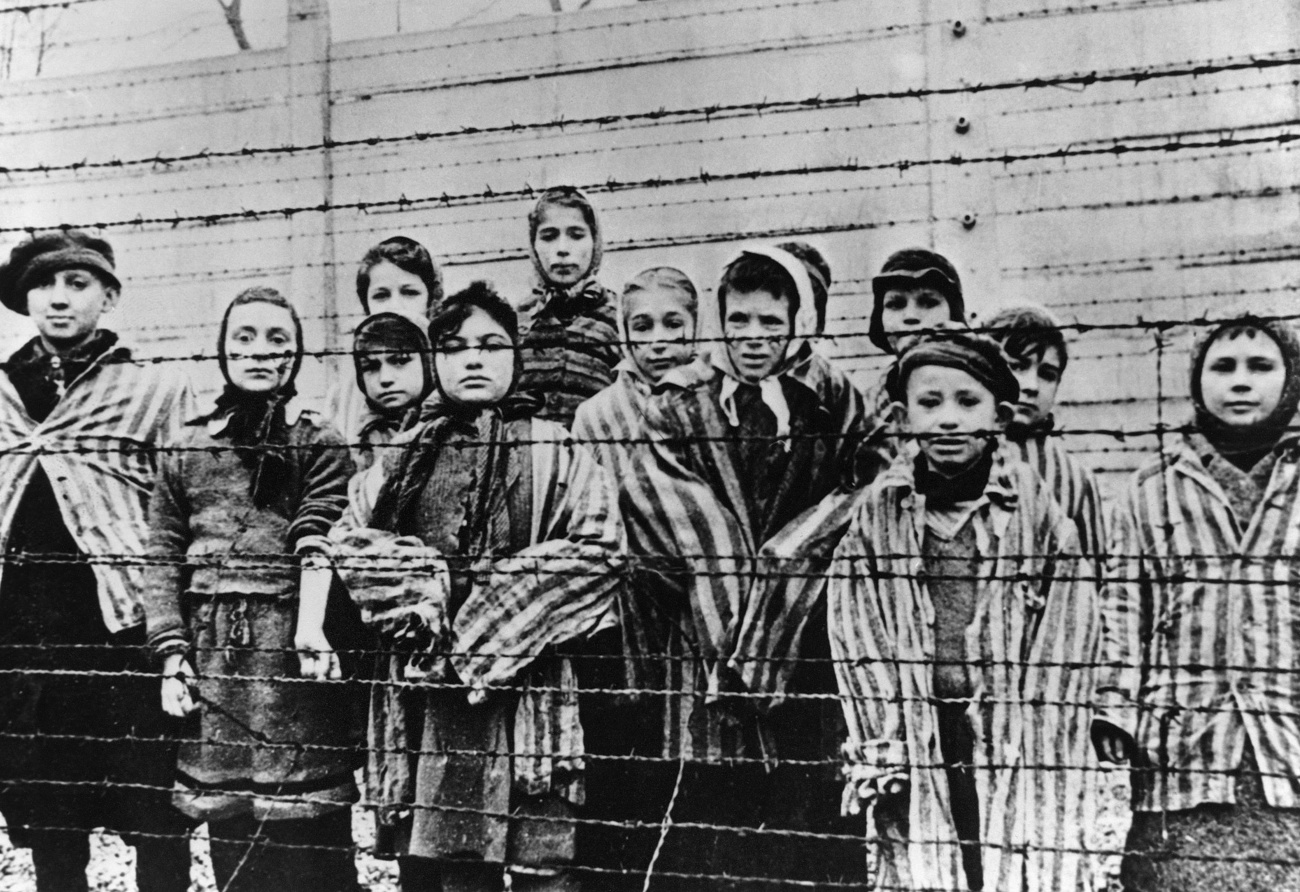
Jews who witnessed and survived the Holocaust are dying. A digital exhibition keeps their testimonies alive.
“There is still an infinite amount to say. But there are also things I will never tell, because they are too cruel,” said Katharina Hardy in the book The Last Swiss Holocaust Survivors. Hardy died last summer aged 93. The survivors of the Holocaust are increasingly falling silent.

More
Holocaust survivor: ‘Bergen-Belsen is my home’
The exhibitionExternal link that inspired the book has been travelling around the world since 2017. The 12 portraits were created in a collaboration between the Gamaraal Foundation, which has been working on Holocaust remembrance in Switzerland since 2014, and the Archive for Contemporary History. It is now available digitallyExternal link.
Bronislaw Erlich is one of the Holocaust survivors portrayed. He was born in Poland in 1923 and survived by pretending to be one of the millions of foreign forced labourers on a German farm. Had he been discovered, he would have been murdered for being Jewish. The memories still haunt Erlich today.
“When I go to bed and turn off the light, I think of my parents and my little brother, who were all murdered. I have sleepless nights. A woman from Bern once told me to take valerian drops. I bought a bottle. It’s no use.”
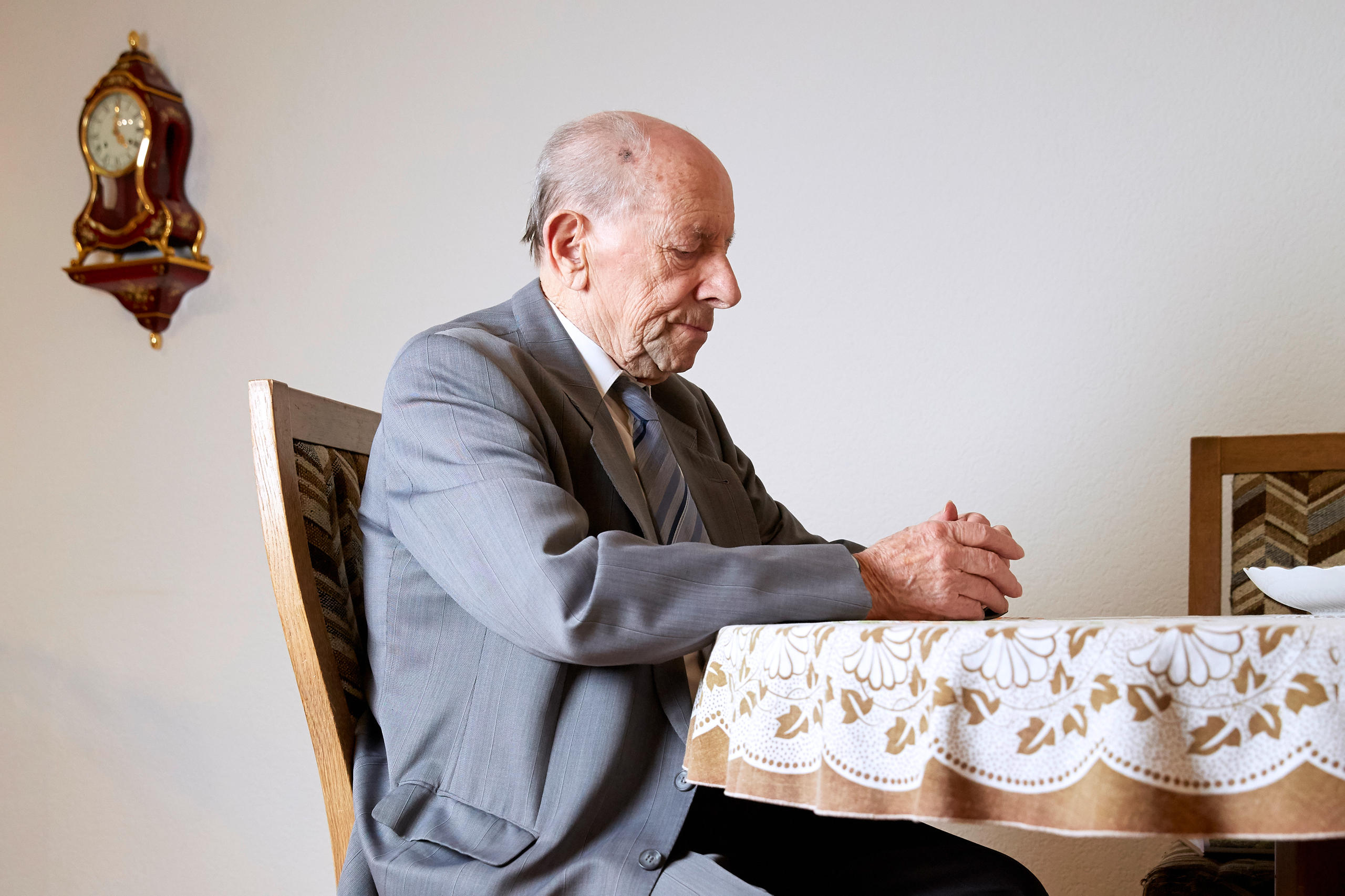
More
‘If you show fear, you’re done for’
The realisation that Nazi crimes must also be remembered in Switzerland only began to take hold in the late 1990s. In 2020, the government invited the remaining 450 survivors who lived in Switzerland – a belated gesture. The fact that today, with broad political support, a memorial is to be erected to commemorate those who were sent to their deaths at the Swiss borders and others who were killed in the camps is also the result of a long process.
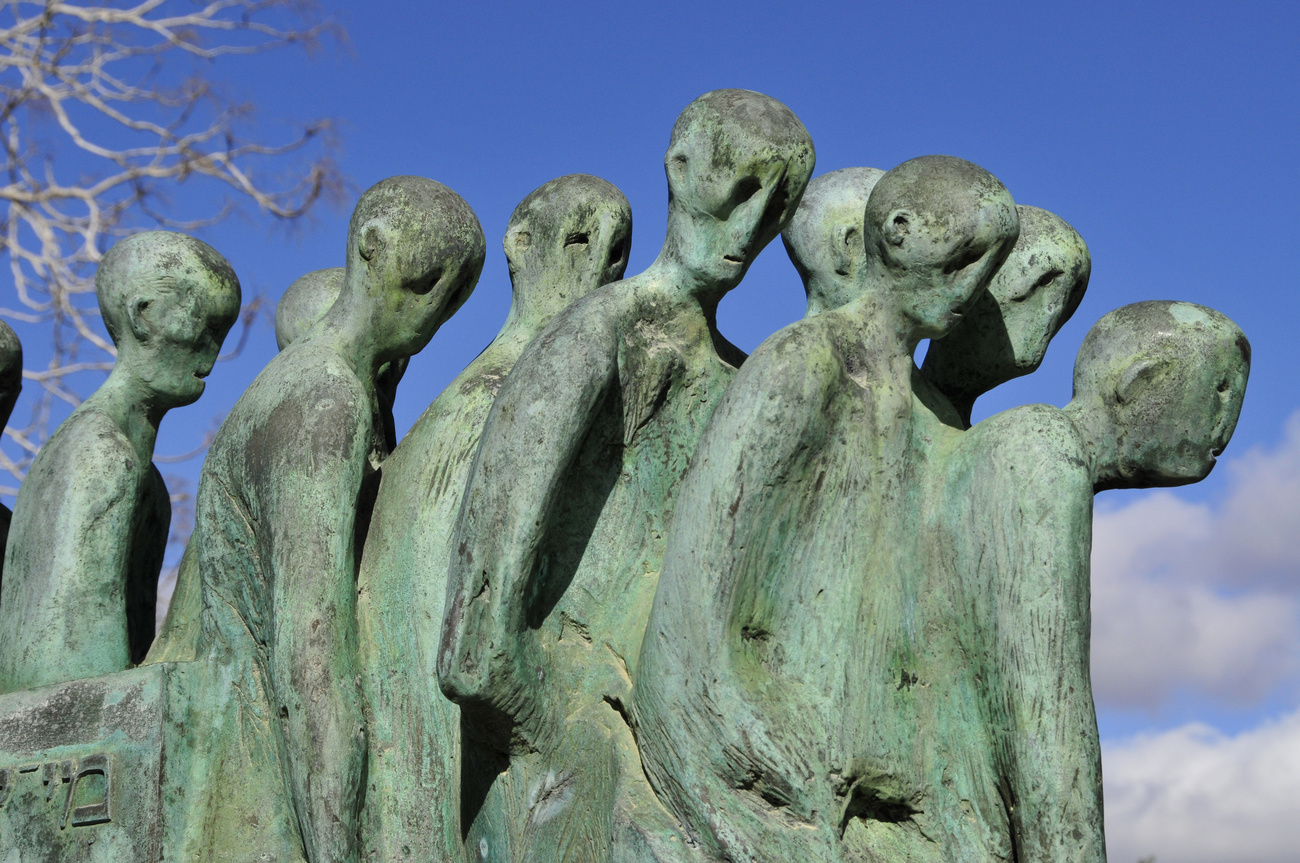
More
Swiss make slow progress on Holocaust remembrance
During and even after the Second World War, Jews who survived the pogroms were by no means met with a welcoming attitude in Switzerland, but rather with suspicion on the part of the police. Many of the people portrayed in the exhibition came later, after the Hungarian uprising in 1956 or the Prague Spring in 1968. As refugees from communism, they were welcomed in Switzerland.
Erlich is one of the oldest survivors featured in the digital exhibition. He was 22 when the war ended. The exhibition features a lot of childhood and adolescent memories of the time of the destruction. Some of those portrayed in the exhibition have since died.
The final silencing of the Holocaust’s witnesses has preoccupied history educators for several years. In the US, there are already attempts to turn Holocaust survivors into interactive holograms to keep their testimonies alive.
The horrors of the concentration camps will continue to be shared, mostly through the media, photos, drawings and many feature films – something that those who deny or downplay the genocide of the Jews have always twisted to their own ends.
The physical presence of survivors, with whom one can talk, has always been the most impressive safeguards against forgetting the Holocaust.
“When survivors talk in schools, mobile phones are put down, everything goes quiet,” Anita Winter, president of the Gamaraal Foundation, told SWI swissinfo.ch in 2021.
The challenge for the future is how to remember the Holocaust without being able to hear the stories directly from those affected. After, as a recent volume of portraits was titled, “memory has become history”.
Edited by Mark Livingston
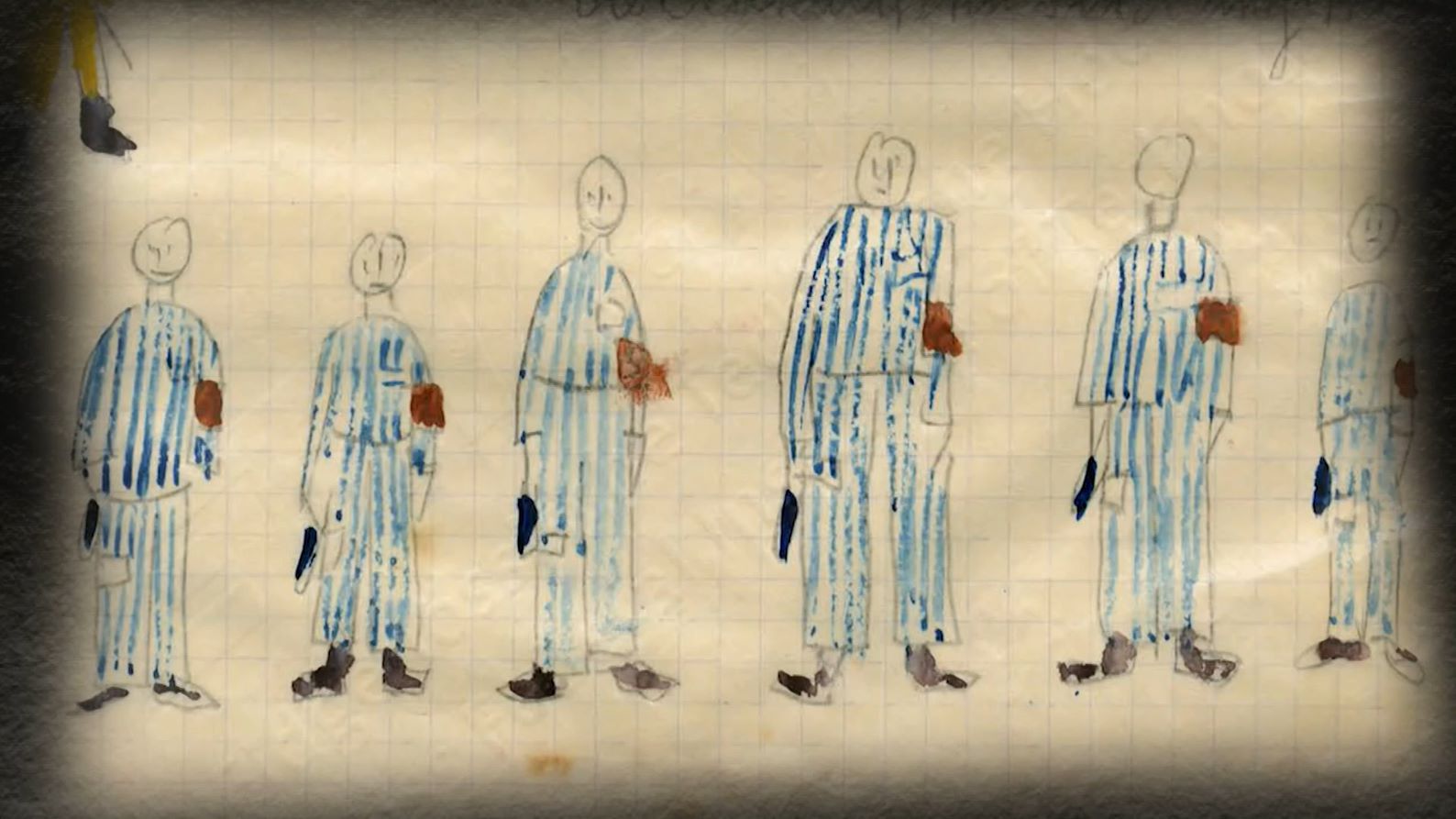
More
Buchenwald children: Switzerland’s misjudged PR stunt

In compliance with the JTI standards
More: SWI swissinfo.ch certified by the Journalism Trust Initiative


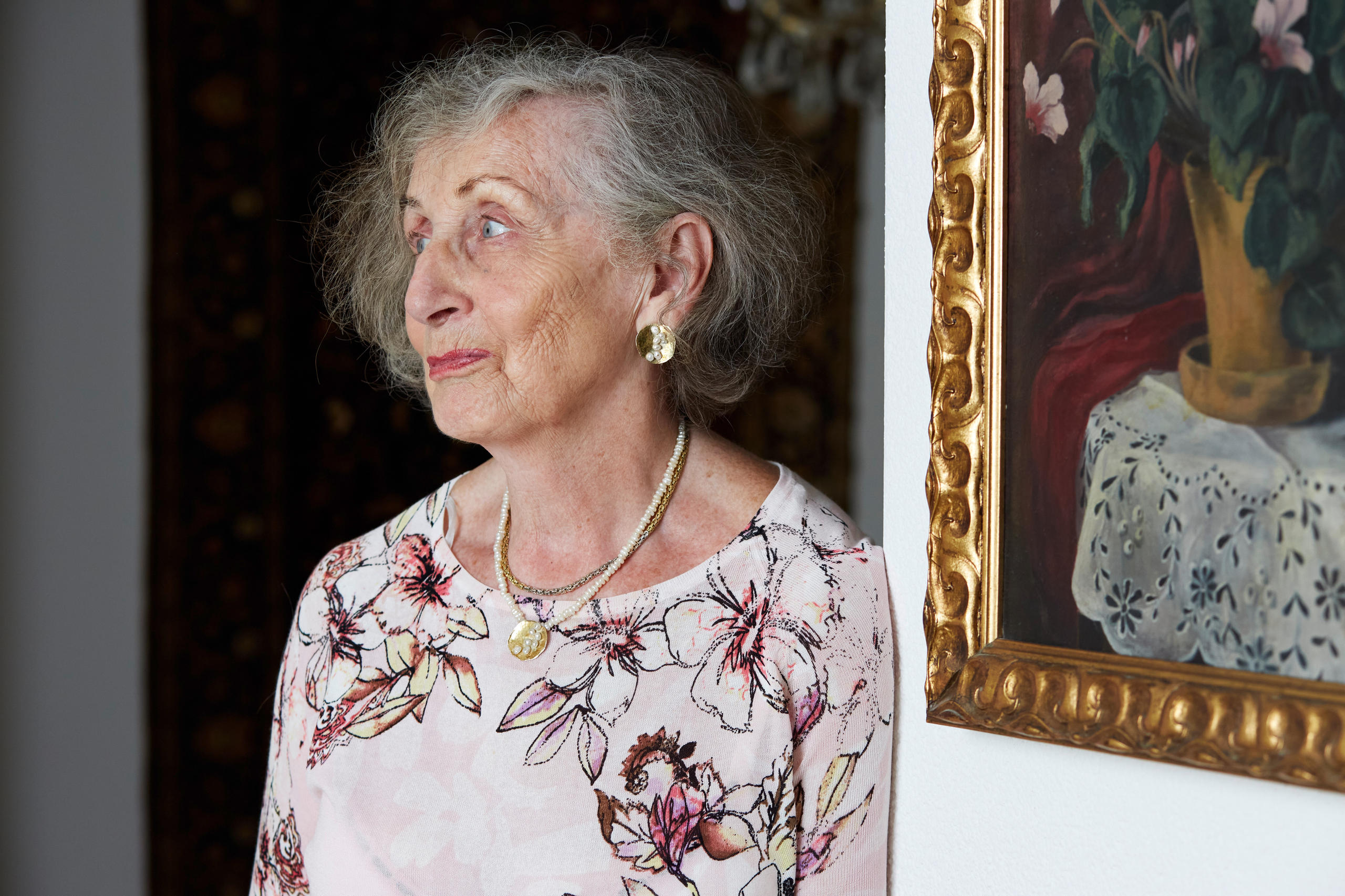
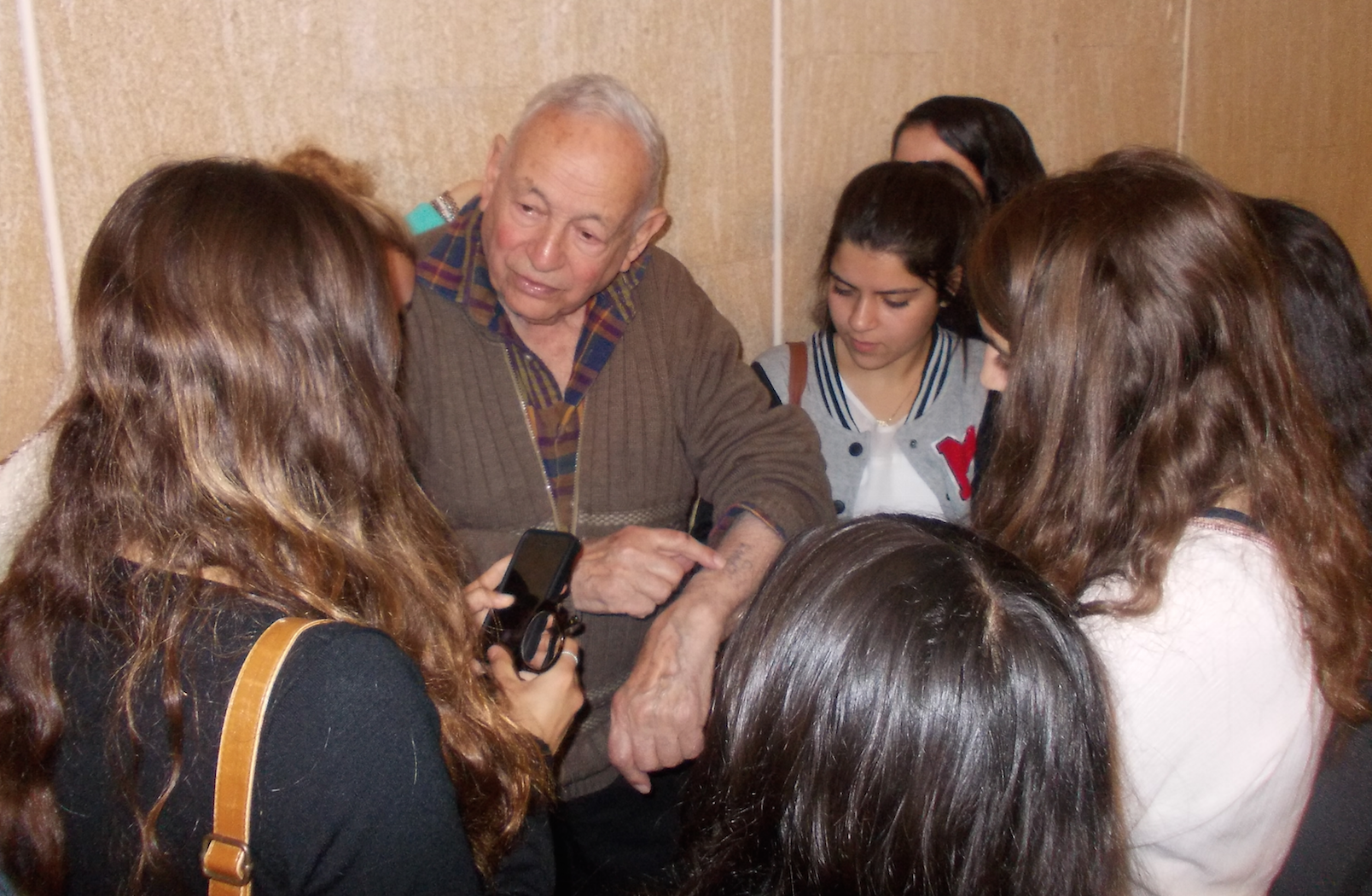
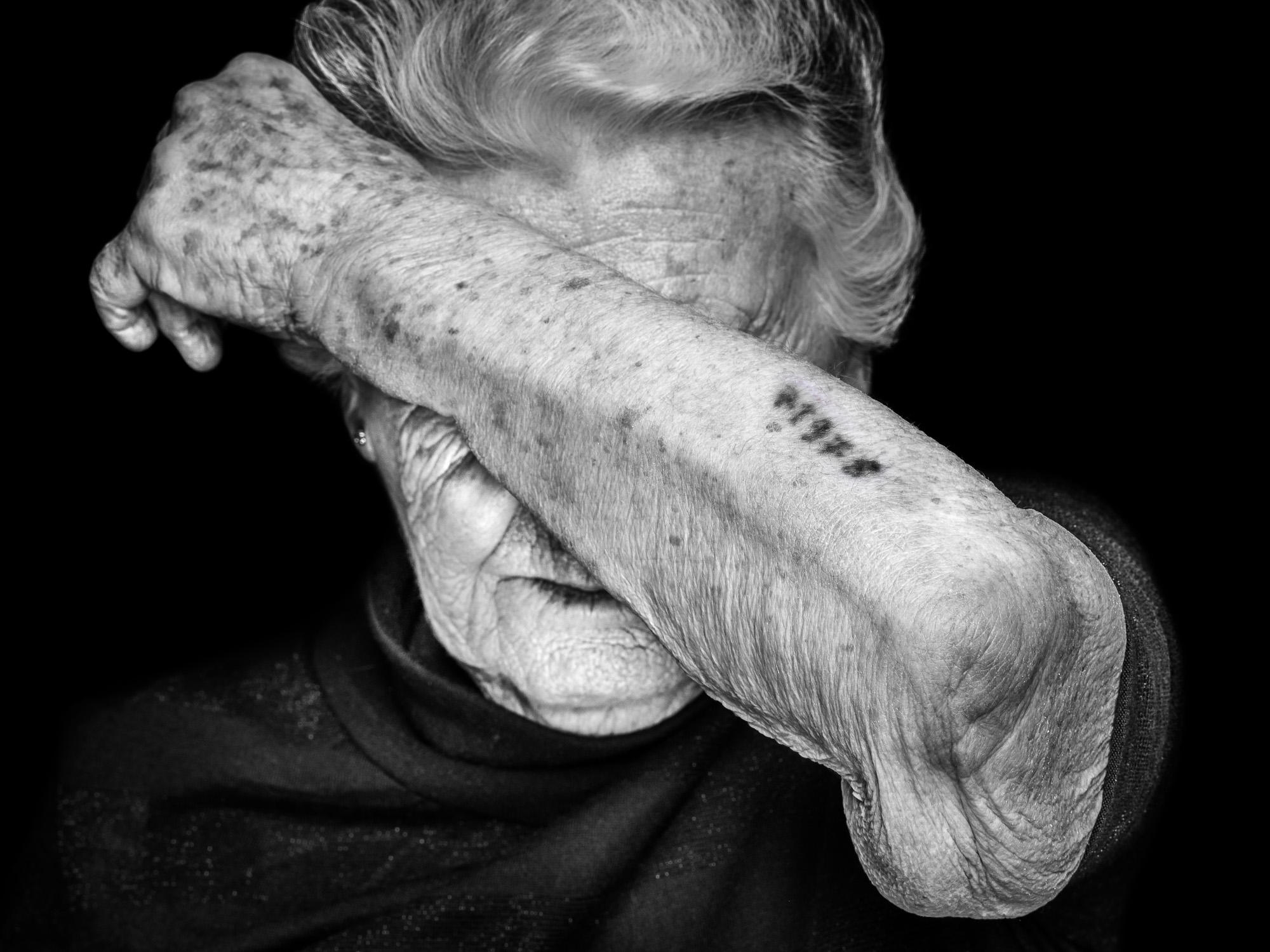
You can find an overview of ongoing debates with our journalists here . Please join us!
If you want to start a conversation about a topic raised in this article or want to report factual errors, email us at english@swissinfo.ch.